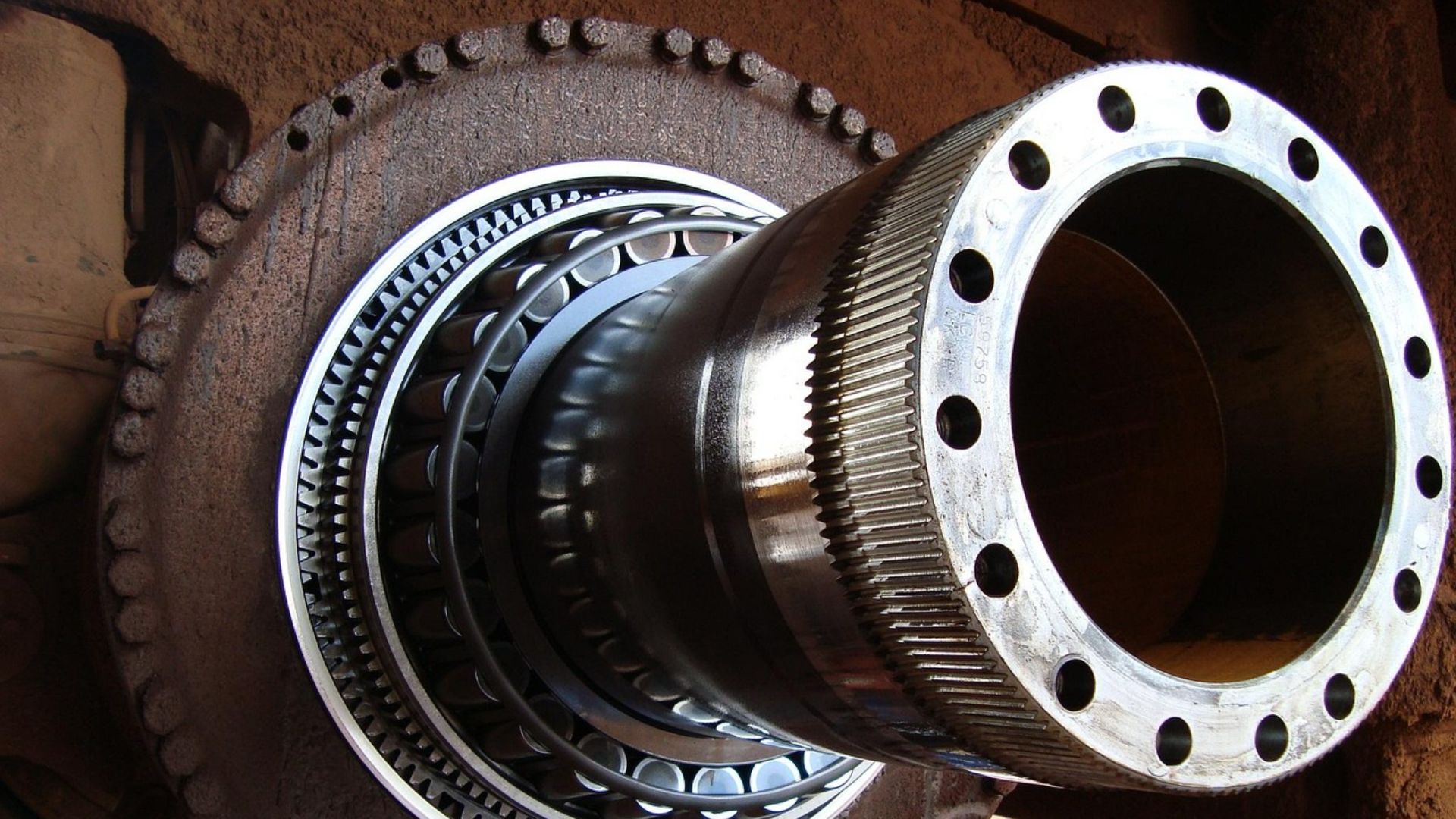Wheel bearings might be out of sight, but they should never be out of mind. Ignoring them puts your car and the safety of your passengers at risk. Wheel bearings are small parts that are located inside the wheel hub and are designed to help your wheels rotate smoothly.
Your car will usually warn you when they are failing, but you have to recognize the signs. Identifying the symptoms of failing wheel bearings can prevent extensive damage and unsafe driving conditions. Not to mention, spotting this early can save you a lot of money down the road.
Let's take a look at some of the signs that your car has bad wheel bearings.
1. Your Wheels Are Making Strange Noises
The first and most common warning sign that your wheel bearings are not operating properly is an unusual noise coming from your car's wheels. This noise is often described as growling, humming, or grinding, which can get louder with speed.
What you really need to pay attention to is that these sounds alter when the vehicle changes directions. For example, the noise might get louder when the car turns right, which means the wheel bearings on the left side might be worn out. This is because weight shifts to the opposite wheel. Often, noises associated with a wheel bearing failure are misdiagnosed as a problem with a wheel or the brakes.
The best strategy is to head to your mechanic the first time you hear a strange noise that you think is coming from a wheel.
2. Steering Issues and Vibrations
Another sign of malfunctioning wheel bearings is a noticeable change when you steer. As a wheel bearing wears down, the wheel assembly can loosen, and you might feel vibrations through the steering wheel or the entire vehicle if the issue is bad enough.
Don't take any chances if your steering wheel shakes at certain speeds, or there's an increase in vibrations when turning, or you notice looseness when steering. It's also possible that failing wheel bearings can cause the vehicle to pull to one side and make it harder to control. Any of these issues will feel much worse when driving at higher speeds. If you're on the highway when you sense any of these issues, you should pull over to avoid a risky situation.
3. Brake Issues or ABS System Warning
Most modern vehicles integrate wheel-speed sensors into the wheel-bearing assembly. This signals when a bearing is failing, and can trigger a dashboard alert, like the ABS warning indicator. When this happens, you might experience intermittent ABS activation, changes in the brake's responsiveness, or even longer stopping distances.
Wheel bearings that are not operating can impact braking performance, as they can cause the rotor to wobble as the wheels turn. This affects the brake pads' ability to make contact with the rotor, and is very dangerous for the driver and passengers.
Wheel bearings are vital to your vehicle running smoothly and safely. It is also imperative for your vehicle to operate quietly, which helps when you need to keep an ear open for unusual noises. Addressing wheel bearing issues right away will protect your car and ensure you aren't at any risk while driving.








